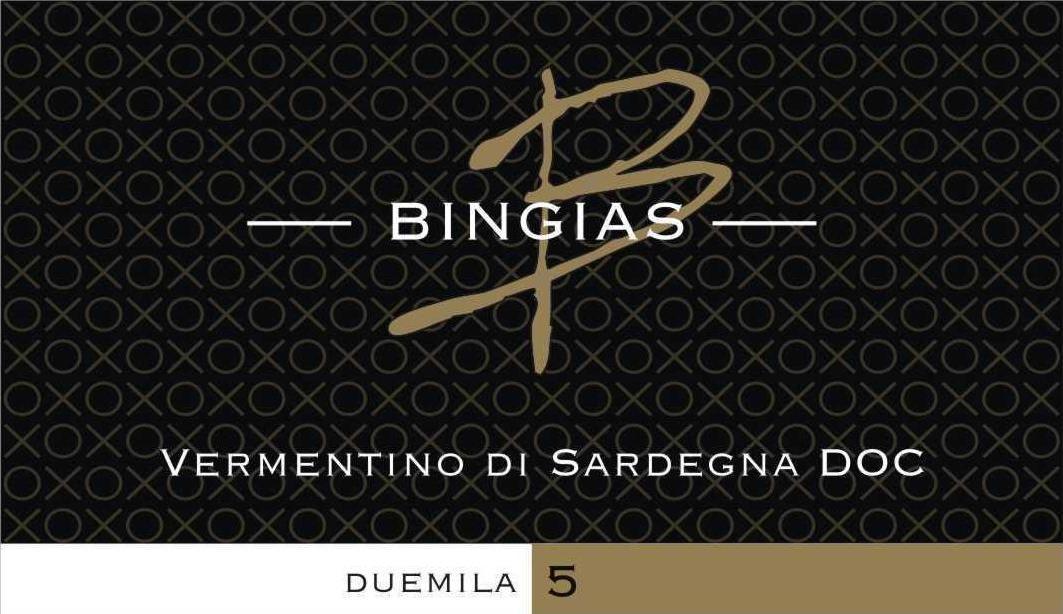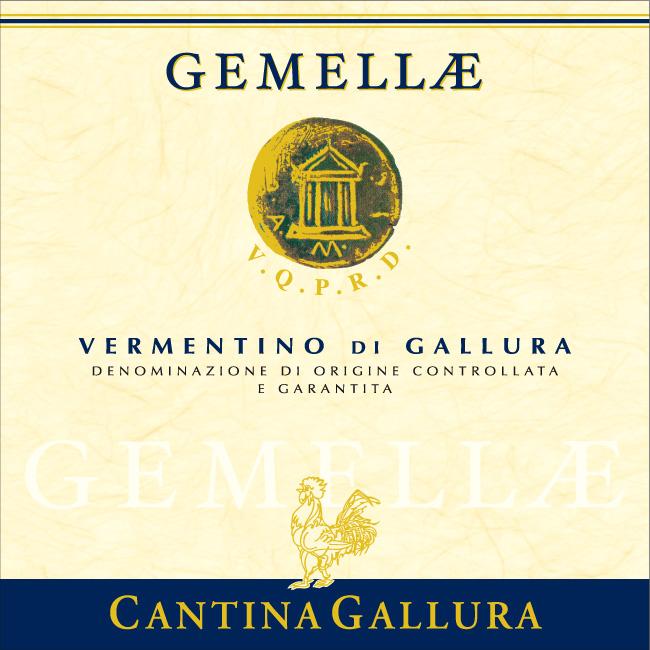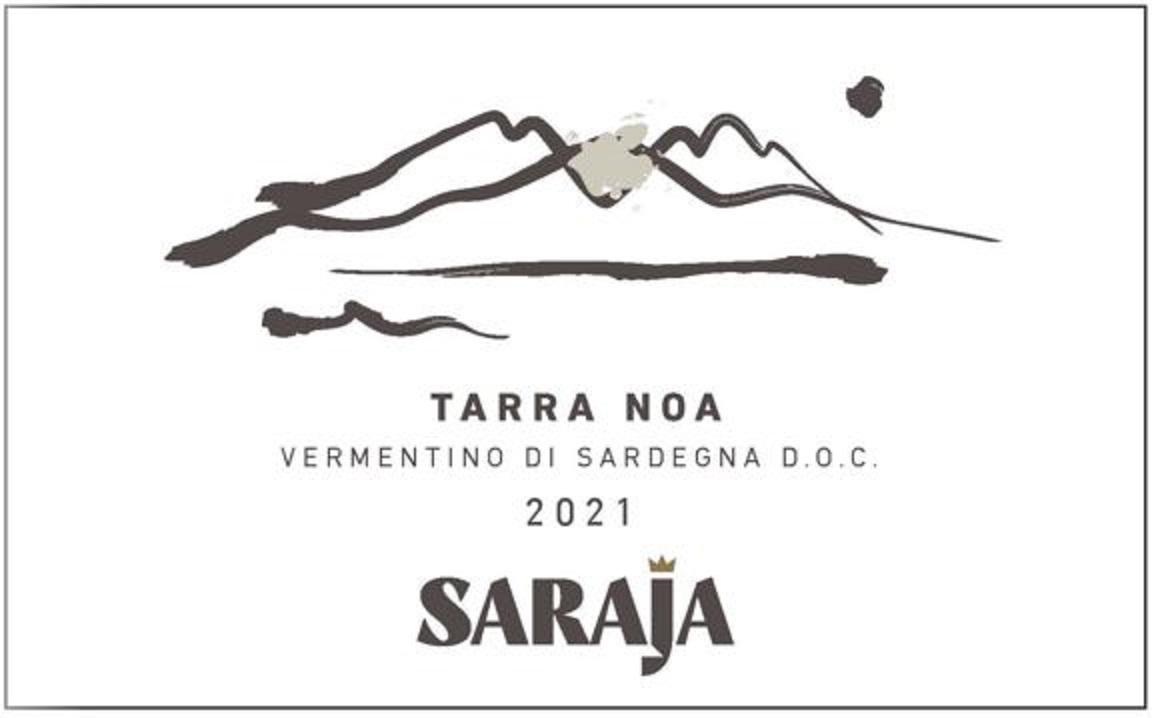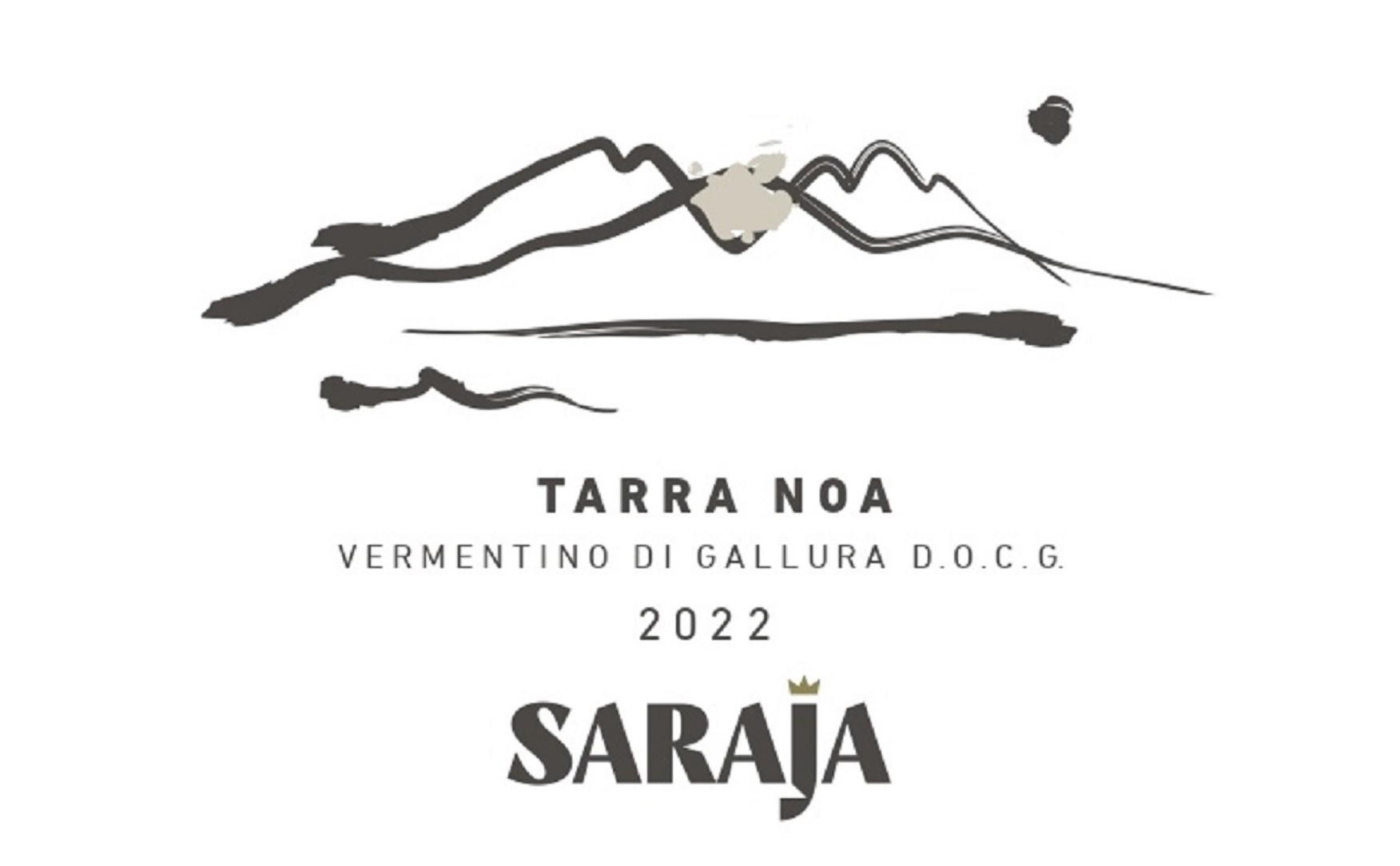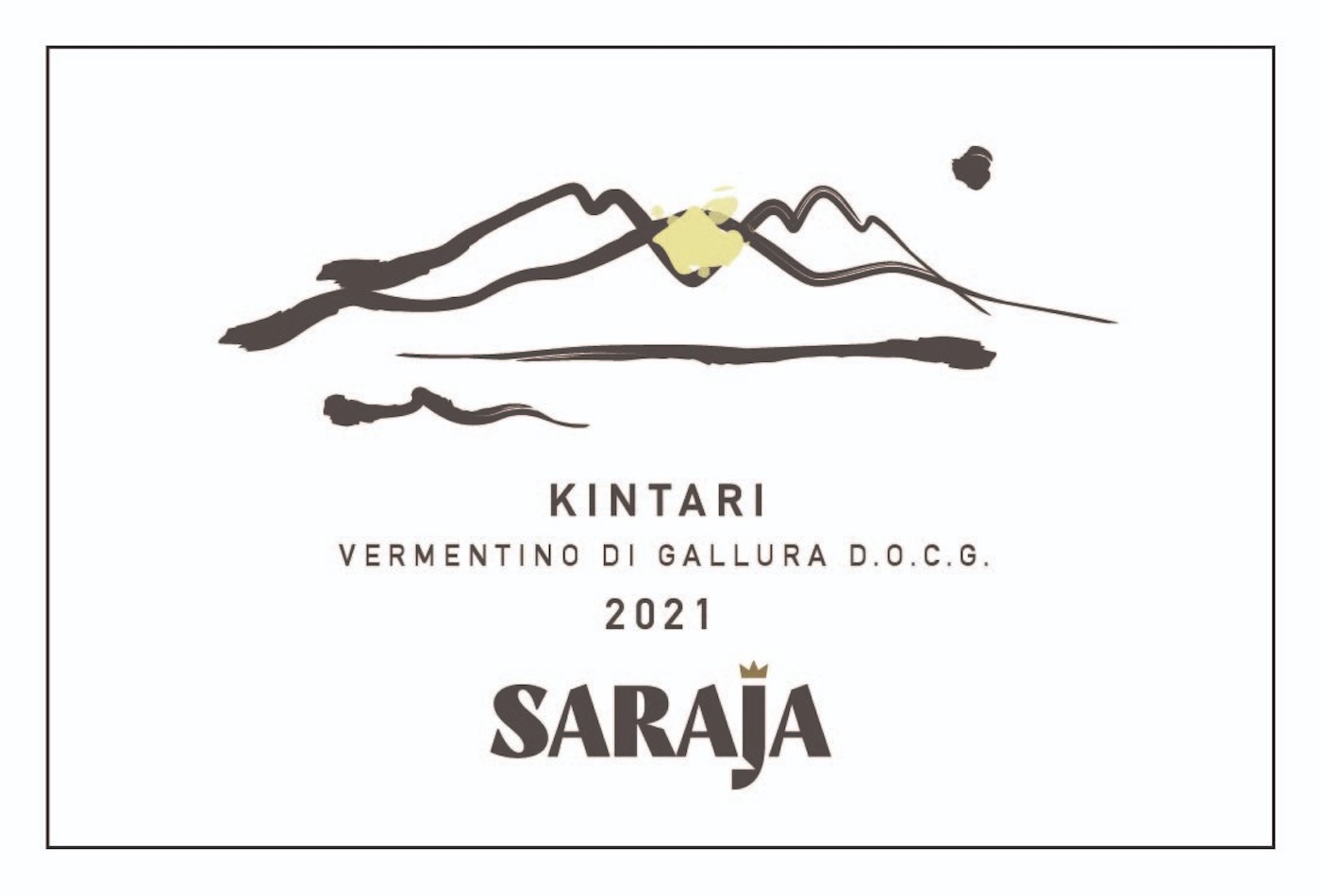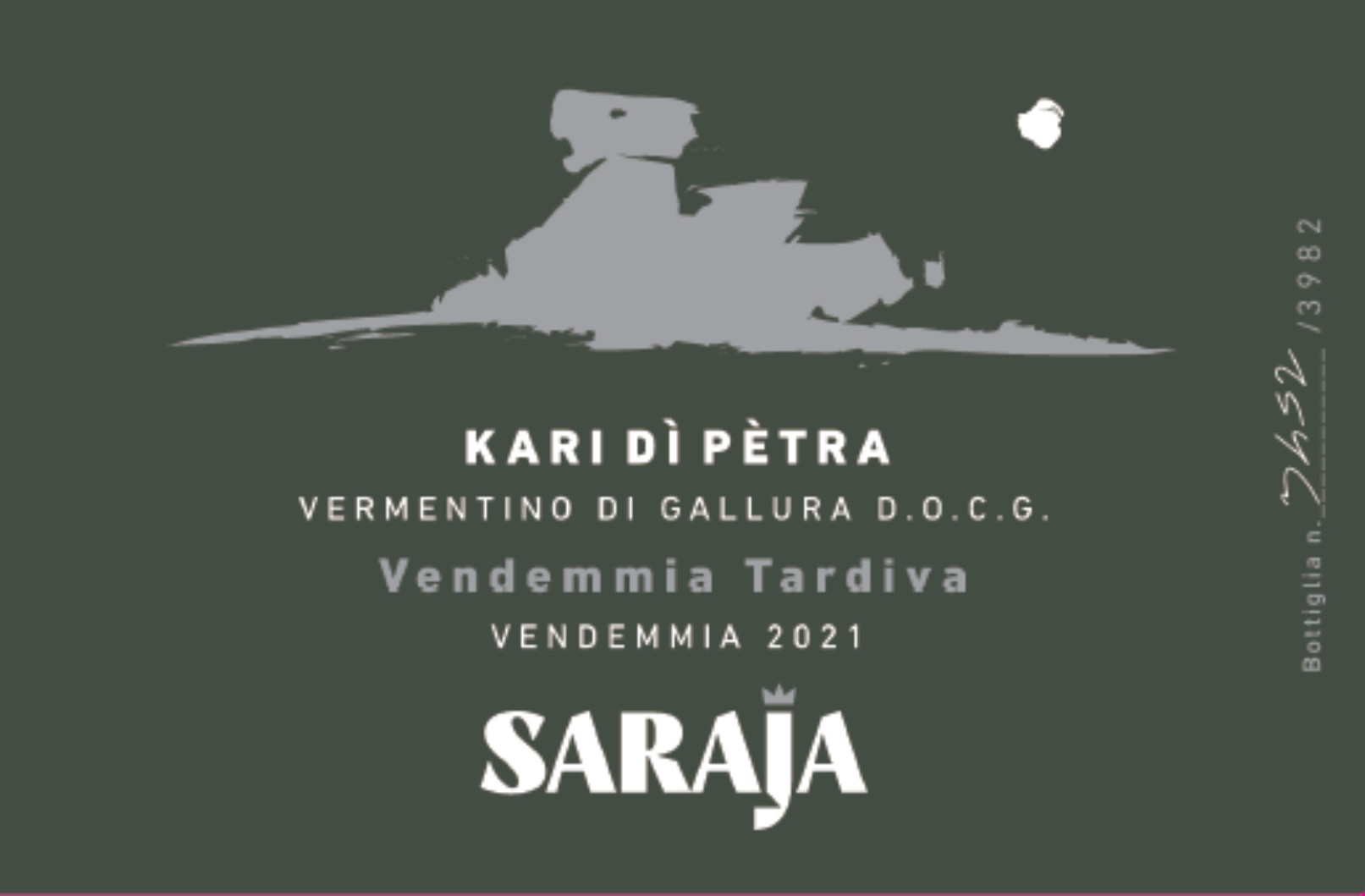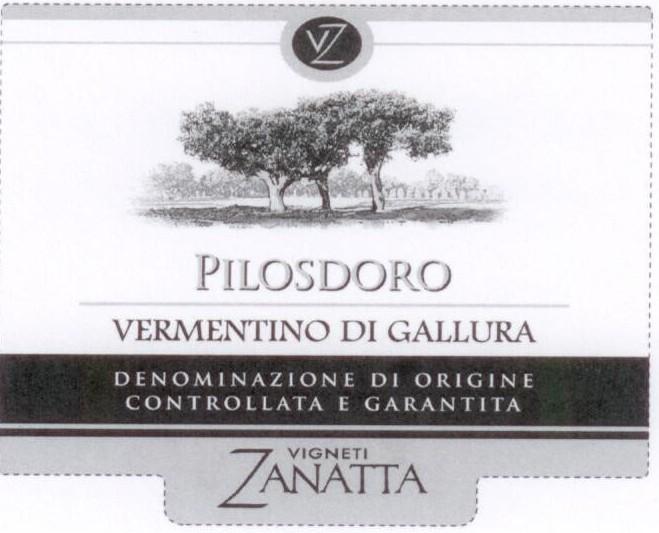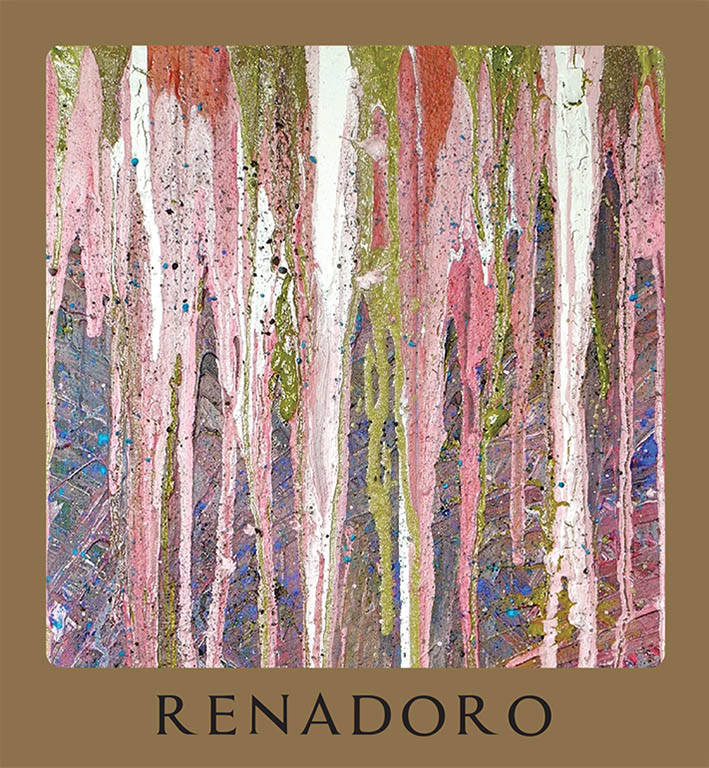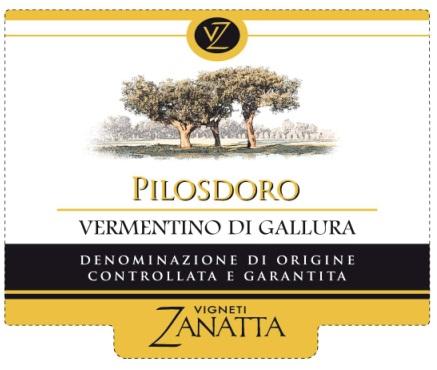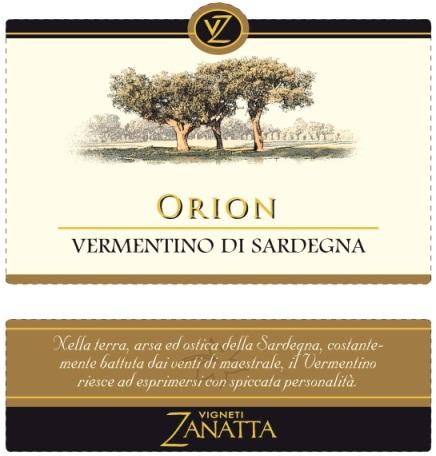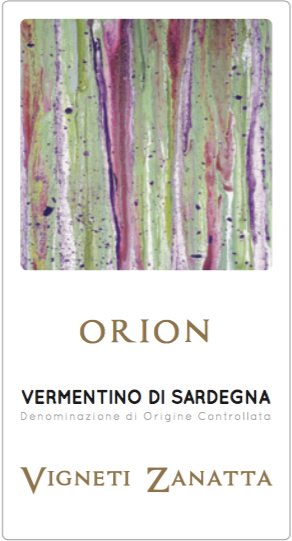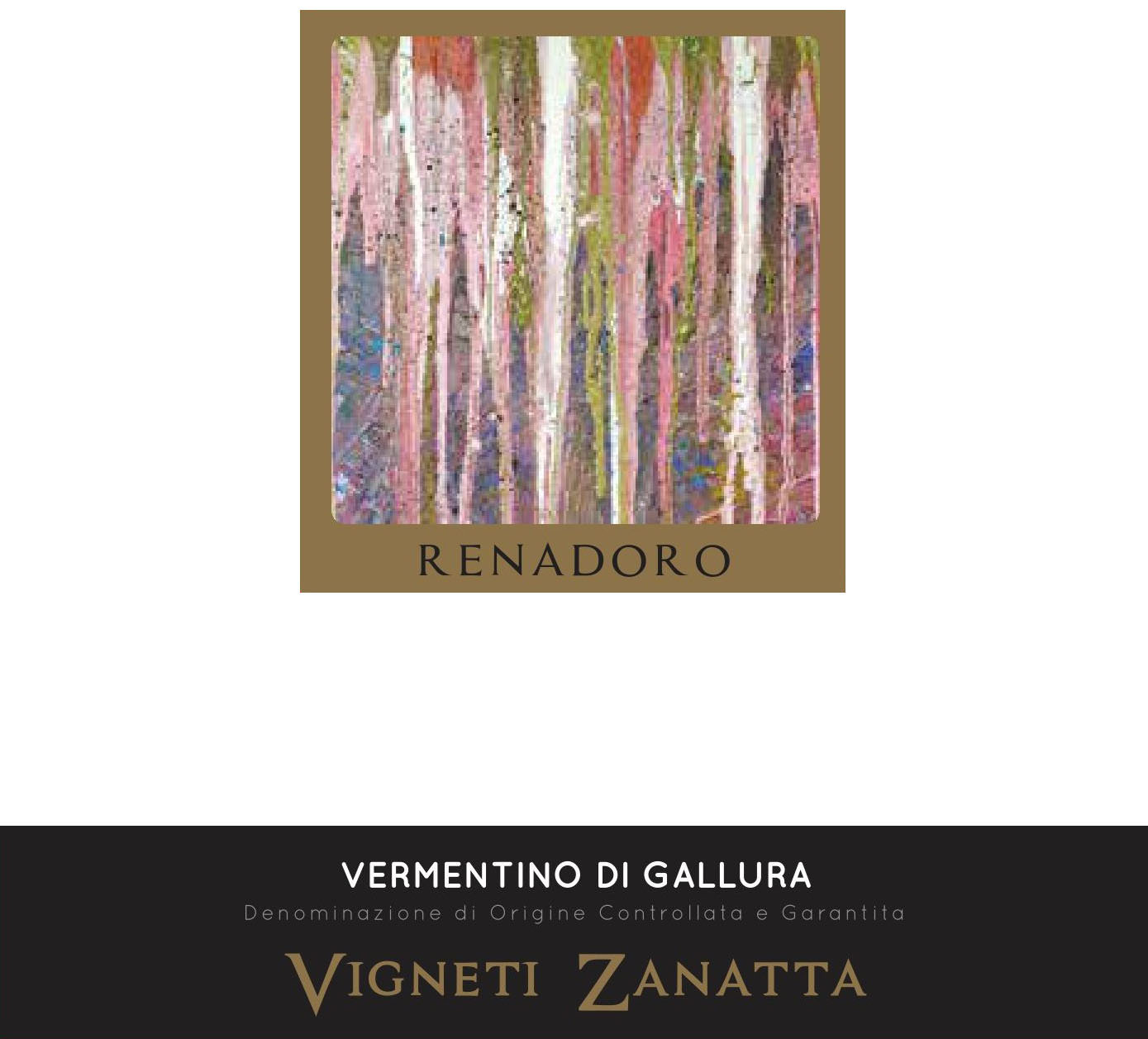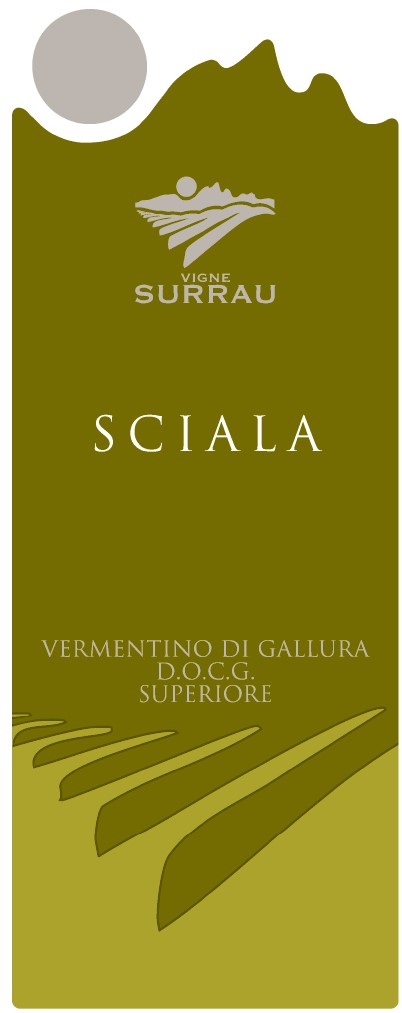Terroir of Gallura
Gallura's unique terroir blends decomposed granite soils with a warm Mediterranean climate to create distinct wines. The sandy soils are low in fertility but rich in minerals, giving the wines a stony flavor. Vineyards enjoy ample sunshine and frequent winds, reducing disease risk and supporting low-input farming. The elevation ranges from sea level to 500 meters, where cooler nights help keep acidity and enhance aromatic complexity.
The climate features hot, dry summers with most rain in autumn and winter, when the vines are dormant. This results in ripe grapes that maintain good natural acidity. The sea's proximity often adds a subtle saline touch, perfectly complementing the citrus, herb, and mineral notes of the wines, making Vermentino di Gallura a true expression of its sunny, maritime environment.
Notable Wineries in Gallura
Gallura's enchanting landscape in northeastern Sardinia is home to several notable wineries, each crafting unique expressions of Vermentino di Gallura. Here are a few standouts:
-
Cantina Gallura: This historic cooperative in Monti produces a range of Vermentino, from everyday Funtanaliras to the elegant Aghilóia.
-
Cantina Tani: Nestled in Arzachena's hills, this family-run winery highlights the floral finesse of the region with their Superiore labels.
-
Cantina Li Duni: Located on the sandy coastal soils of Badesi, known for their saline, powerful Vermentino and the sweet Nozzinnà.
-
Siddùra: Esteemed for its refined textures and bright acidity, offering a taste of the Gallura hills.
-
Surrau: A modern Arzachena winery crafting polished Vermentino with select oak-aged cuvées.
-
Tenute Gregu: Excelling in aromatic intensity from their high-altitude sites near Monte Limbara.
Sustainable Winemaking in Gallura
In the Gallura region of Sardinia, sustainable wine production is thriving thanks to its unique climate and landscape. The frequent winds and dry conditions naturally reduce the risk of vine diseases, allowing producers to minimize synthetic treatments and embrace organic and integrated farming techniques. The DOCG regulations also help maintain sustainability by limiting yields and restricting irrigation, used only during severe droughts.
To protect the sandy soils, growers often plant cover crops and maintain cork-oak groves, enhancing biodiversity. In the wineries, energy efficiency is prioritized through solar power and passive cooling systems, taking full advantage of the abundant sunshine. These practices, along with mindful farming, allow producers to adopt a low-intervention approach, preserving Gallura's natural beauty and creating wines that truly reflect the region's distinctive terroir.
Wine Tourism in Gallura
Gallura in northeastern Sardinia offers a captivating wine tourism experience, combining the region's rich wine culture with its breathtaking landscapes. Visitors often start their journey in Olbia or the Costa Smeralda, where beach visits effortlessly merge with wine tastings at nearby estates.
Popular routes connect Olbia, Monti, Tempio Pausania, and Palau, highlighting the area's granite landscapes and picturesque vineyards. Wineries frequently provide guided tastings and cellar tours, while agriturismi and vineyard restaurants serve Vermentino paired with local delicacies like fresh seafood and pecorino cheese.
Outdoor activities, such as hiking among granite formations and exploring the Maddalena archipelago by boat, further enrich these wine-centric adventures. In summer, local festivals and harvest events celebrate Vermentino di Gallura alongside regional dishes like roasted porceddu, offering a truly immersive cultural experience.



